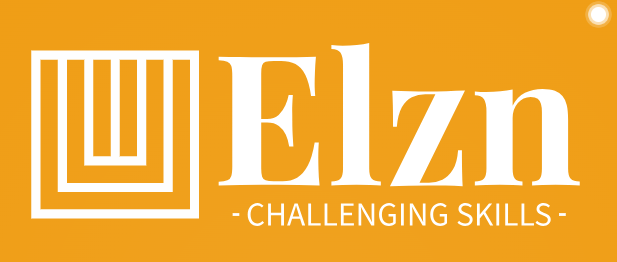The Registered Accessibility Specialists RAS play a pivotal role in advancing disability rights and enhancing accessibility standards across various sectors. As experts in the field, RAS professionals are trained to ensure that individuals with disabilities can access and navigate environments, services, and programs seamlessly. This focus on accessibility is not merely a legal obligation but a moral imperative that aligns with the broader objectives of promoting equality and inclusivity. The RAS credential represents a commitment to understanding and implementing best practices in accessibility, drawing from a comprehensive knowledge base that encompasses the Americans with Disabilities Act ADA and other relevant legislation, codes, and standards. With the increasing recognition of the importance of accessibility in public spaces, the role of RAS professionals has become even more critical. They work to bridge the gap between legislation and real-world application, ensuring that businesses and organizations understand their responsibilities in creating inclusive environments.

Moreover, RAS specialists conduct accessibility assessments, which involve evaluating existing facilities, programs, and policies to identify barriers faced by individuals with disabilities. These assessments are not only about compliance but also about fostering an inclusive culture. Through collaboration with architects, urban planners, and business owners, RAS professionals help design solutions that cater to the diverse needs of all individuals. This collaborative approach ensures that accessibility is integrated into the planning and design phases of projects, rather than being an afterthought. RAS specialists also engage in training and education efforts to raise awareness about the significance of accessibility. They offer workshops and seminars aimed at equipping stakeholders with the tools and knowledge necessary to create accessible environments. By disseminating information about best practices and legal requirements, RAS professionals empower organizations to take proactive steps toward inclusivity.
Additionally, the advocacy work of RAS specialists extends beyond the immediate environment to influence policy at various levels. By engaging with lawmakers and regulatory bodies, they advocate for stronger accessibility standards and legislation that protect the rights of individuals with disabilities. This advocacy is essential for driving systemic change and ensuring that accessibility becomes an integral part of societal infrastructure and click here for information. Furthermore, the RAS community is involved in ongoing research and development of innovative solutions that enhance accessibility. From leveraging technology to improve communication for individuals with hearing impairments to developing adaptive equipment for physical accessibility, RAS specialists are at the forefront of advancements that make a tangible difference in people’s lives.
In summary, Registered Accessibility Specialists are essential advocates for disability rights and accessibility standards. Their multifaceted approach—combining assessments, training, advocacy, and innovation—ensures that accessibility is prioritized in all aspects of society. By working collaboratively with stakeholders, influencing policy, and promoting best practices, RAS professionals not only help organizations meet legal obligations but also foster a culture of inclusivity that benefits everyone. In a world that is progressively recognizing the importance of diversity, the role of RAS specialists is critical in shaping an accessible future where individuals with disabilities can thrive and fully participate in all facets of life.
